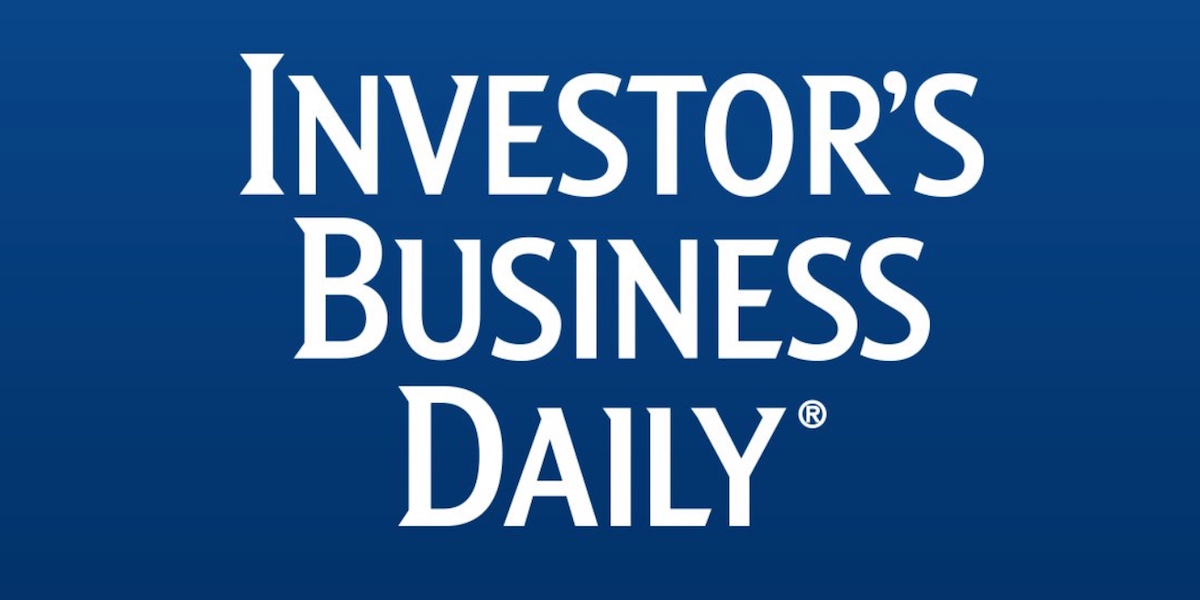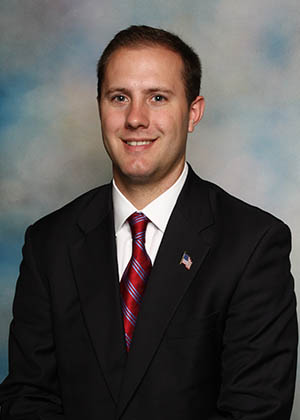
30 Jun 2017 The Financial Choice Act — A Bad Omen For Increased Liberal Corporate Influence
The law of unintended consequences explains away outcomes difficult to see at the beginning of specific and well-intended actions. In the realm of politics, however, some results are so obvious that politicians should not be allowed to fall back on this age-old excuse.
Legislation to replace the Dodd-Frank banking regulation that recently moved to the Senate is an example of well-intentioned lawmaking with foreseeable flaws.
Currently known as the Financial Choice Act, it goes far beyond curtailing the overreaches of Dodd-Frank. Passed by the House in early June, it contains an unrelated provision slipped in by House Financial Services Chairman Jeb Hensarling, R-Texas, to dramatically alter the shareholder resolution process.
It would change the current minimum ownership threshold for filing a resolution from $2,000 to 1% of a company’s outstanding stock. This would move the threshold for filing a proposal with General Electric, for example, from $2,000 to $2.4 billion.
It’s like using a fire hose to put out a birthday candle.
Hensarling’s provision appears to be designed to curb the influx of liberal proposals targeting businesses over largely ginned-up environmental, social and political causes. Last year, nearly 1,000 shareholder proposals were filed, with about 500 focused on governance matters and 400 related to environmental and social issues. The overwhelming majority of these proposals came from left-leaning groups.
But there are productive conservative proposals, too. For example, after Mozilla CEO Brendan Eich was run from his job for supporting California’s traditional marriage ballot initiative, the National Center for Public Policy Research’s Free Enterprise Project used shareholder proposals to protect more than 5 million workers at more than a dozen publicly traded companies from a similar unfair fate. Each year, that effort, known as the Employee Conscience Protection Project, extends workplace protections to more and more American workers.
The National Center’s Free Enterprise Project is the nation’s only right-of-center effort that focuses on shareholder activism as a means of increasing liberty. Most conservative groups are well-equipped at exposing the freedom-reducing elements of government. The Free Enterprise Project, however, points out that government actors often work in concert with business on such efforts.
That’s one reason why the group recently used shareholder proposals to ensure graduates of more than 200 religious universities that refuse to follow President Obama’s mixed-gender bathroom edict are not discriminated against in hiring or employment. They proactively got corporations to oppose the Obama Administration’s authoritarian power grab.
The Choice Act’s apparent goal of reducing liberal agitation of corporate America may be noble, but be forewarned that the strategy laid out in the Financial Choice Act would likely have the opposite effect.
Changing shareholder resolution rules would reduce the total number of left-wing proposals appearing on corporate proxy statements, but it might also increase the clout and potential impact of those liberal proposals meeting the new threshold. And the left will indeed meet the new threshold.
The left already has vast resources in place to counter the new rules. From state employee pension funds; to “socially responsible” investment funds; to trade unions; to wealthy allies such as Warren Buffett, Tom Steyer and Bill Gates; the left will meet this new challenge with vigor.
In trying to reduce the progressive voice, the Financial Choice Act may instead hand the left a shiny new megaphone. While emboldening the left, it would eviscerate conservative shareholder resolution efforts.
Beyond missing its desired effect, changing in shareholder proposal process would be an optics nightmare. Liberal groups already claim it is a conservative handout to big business. On the surface, that complaint has merit.
But conservatives would also do well to remember just how “big business” has treated them.
Big pharmaceutical companies and big health insurers were largely responsible for ObamaCare. Tech titans such as Apple and Salesforce worked to derail religious freedom efforts at the state level. Industry leaders such as Amazon and Starbucks teamed up to oppose President Trump’s executive orders on travel and immigration.
Employing dramatically less resources than the left, the Free Enterprise Project used shareholder proposals to fight back against the above-listed corporate assaults on conservative and religious Americans. The Free Enterprise Project pressured insurers against taking massive taxpayer bailouts through certain ObamaCare provisions.
Congress followed up to limit the taxpayer largesse to major health insurers. And when companies such as Apple, Coca-Cola and General Electric worked to thwart religious freedom in the United States by falsely claiming that such efforts discriminate against the LGBT community, they faced Free Enterprise Project resolutions exposing these corporate hypocrites since they all do business in regions that criminalize homosexual behavior.
If Senate conservatives pass the Financial Choice Act under the auspices of trying to reduce the influence of socially-minded liberal organizations, they shouldn’t be allowed to get away with claiming “unintended consequences” when those exact groups end up with even more power over corporate America.
In warning his colleagues that the Independent Counsel Act would be disastrous for the nation, former Supreme Court Justice Antonin Scalia quipped that some issues come to the Court clad in “sheep’s clothing … (but) this wolf comes as a wolf.” The Financial Choice Act’s proposed change to the shareholder resolution process is a wolf. The Senate is warned.
Justin Danhof is general counsel and director of the Free Enterprise Project at the National Center for Public Policy Research. This was originally published by Investor’s Business Daily.




